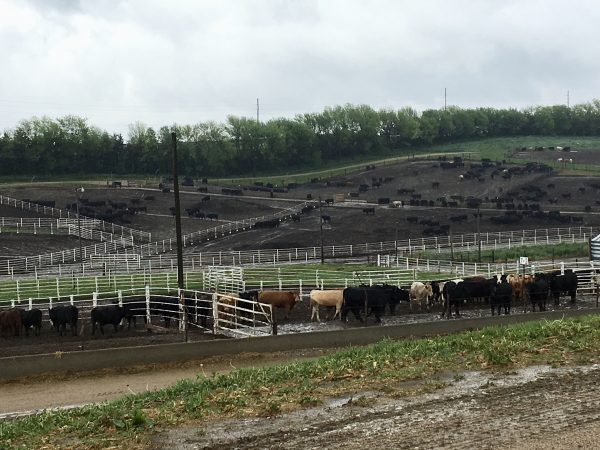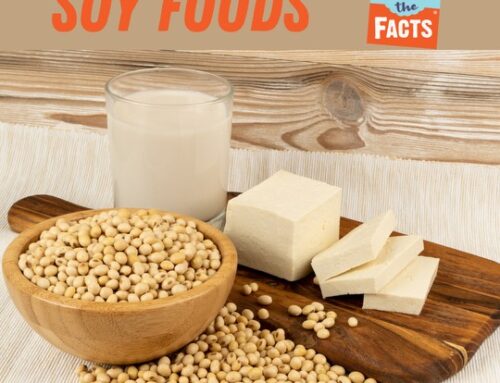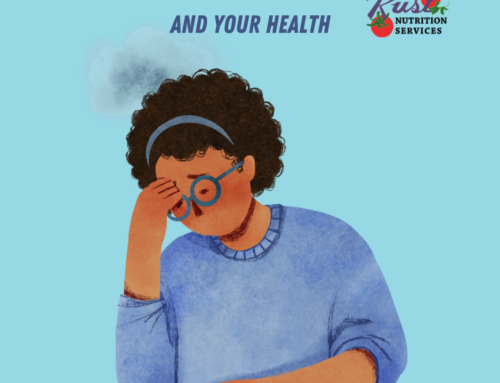Food is linked to the environment. Growing food depends on proper climate conditions. The use of natural resources and the application of pesticides or herbicides have an impact. But when it comes down to survival, human instinct is to sustain life. If it came down to deciding whether to feed an empty belly and attempting to produce food with little or no environmental impact, which do you choose?
Balance
As a dietitian, I’ve encouraged everyone to eat more plants, include fish (for heart-healthy omega 3 fatty acids) and limit red meat to 1-2 times a week. These guidelines relate to research on diet’s potential role in disease risk. But having met many farmers, and also being an omnivore, I am in both corners – defending cattle farmers and animal science, and promoting a healthier diet that includes more plants.
I’ve been having discussions about methane and cows lately…The question isn’t “do cows produce methane?” and impact our climate – they do. The question is – is there a way to continue to improve the way livestock is raised (and other aspects of agriculture), so we are able to feed a growing population? And, do we need a “replacement” or can biotechnology be used to help fill in the gaps (e.g. genetically engineered plants, plant-based and cultivated protein products)?
Modern Farming
Sometimes I wonder if people still have images of farmers wearing overalls and a hat out in a field. Modern agriculture is a complex, science-based endeavor that has made many technological improvements over the last 30 years, just like many other aspects of civilization. You can take a look at Penn State’s Ag Science department page and you’ll see the complexity of all of these topics.
There are 500,000 dairy cows in Pennsylvania alone. These cows provide milk, cheese, sour cream, cream cheese, cottage cheese, ricotta cheese, and more to our food supply. Consider how eliminating them will impact your weekly shopping habits and your favorite recipes? Not to mention your nutrient intake. Is that really a reasonable solution to climate change?
What about beef? Large farms are often termed “factory farms” in the media, but are actually beef feedlot farms that efficiently raise large herds and provide nutrition with a grain mixture to promote faster, more efficient growth in the cattle. Of interest, these feedlots actually produce LESS GHG than grass-fed operations. Also, researchers are studying how modifying the microbiome of cattle may reduce methane production.

Large beef operation I visited in Nebraska.
Inputs have Outputs
All food production – both plant and animal – has an impact on the environment. Drastically modifying (or eliminating) animal agriculture may seem like a quick fix to reduce methane production, but is it feasible, or necessary?
There’s always more to know than you may think about any given topic….
All of the farmers I’ve met care about the environment, their land, and our earth. As technology moves us forward in both animal agriculture and alternative protein sources, let’s hope all industries can work together for the common good, by cooperating – offering facts about their products – instead of solely competing for their market share.




